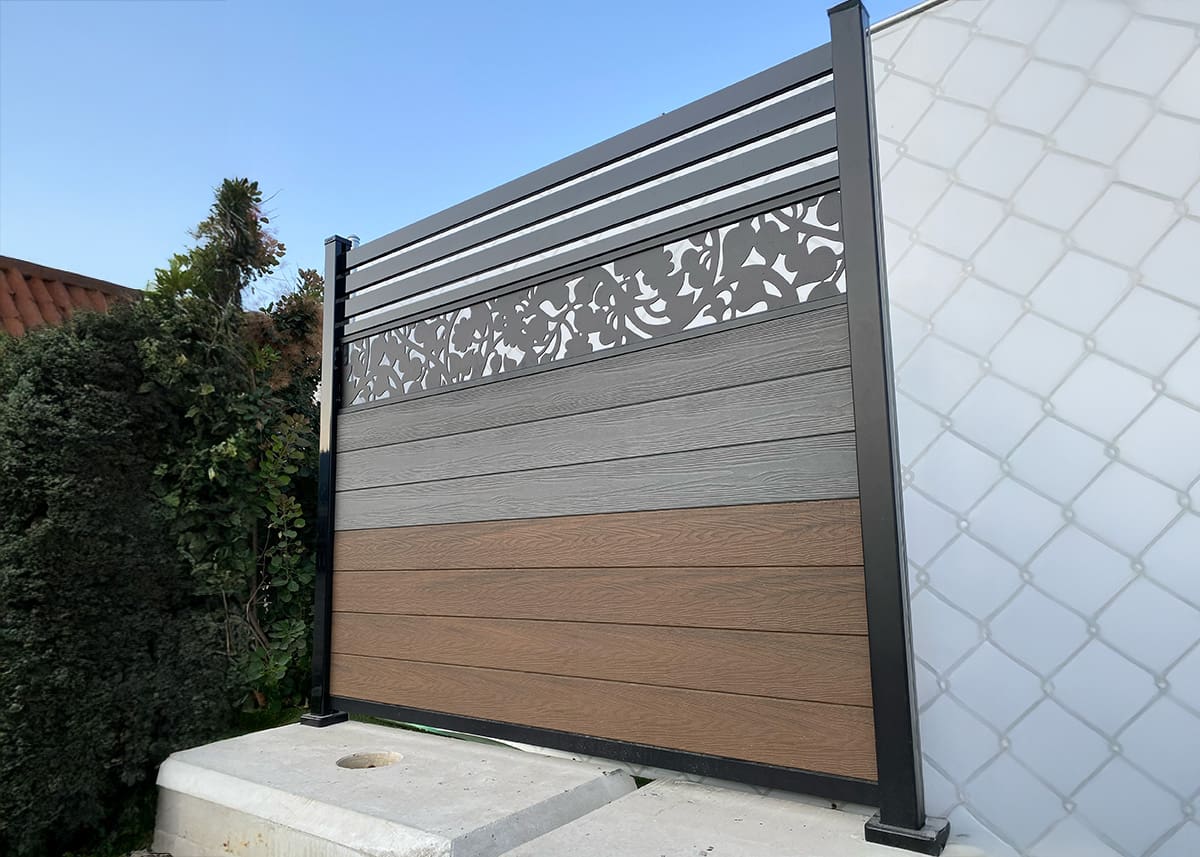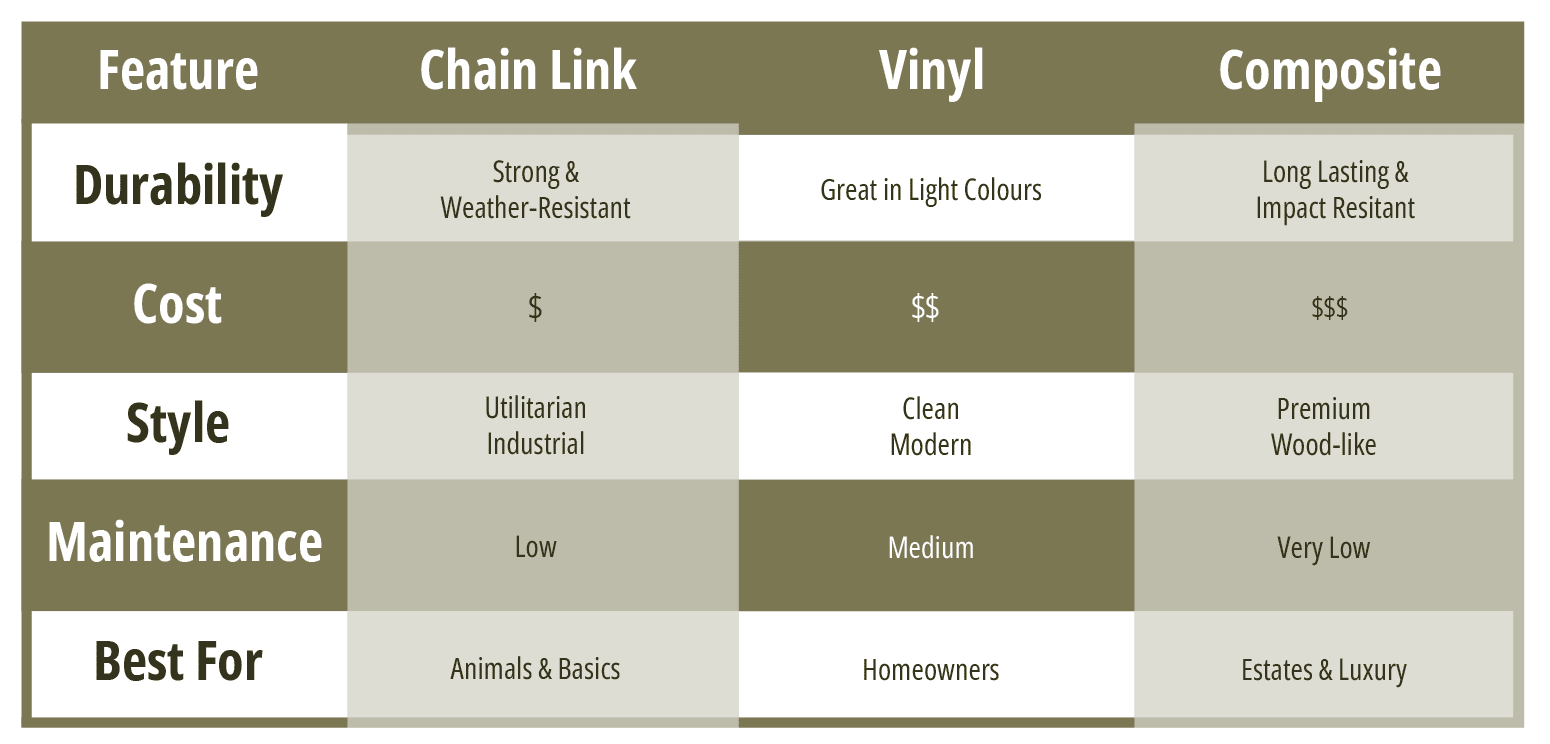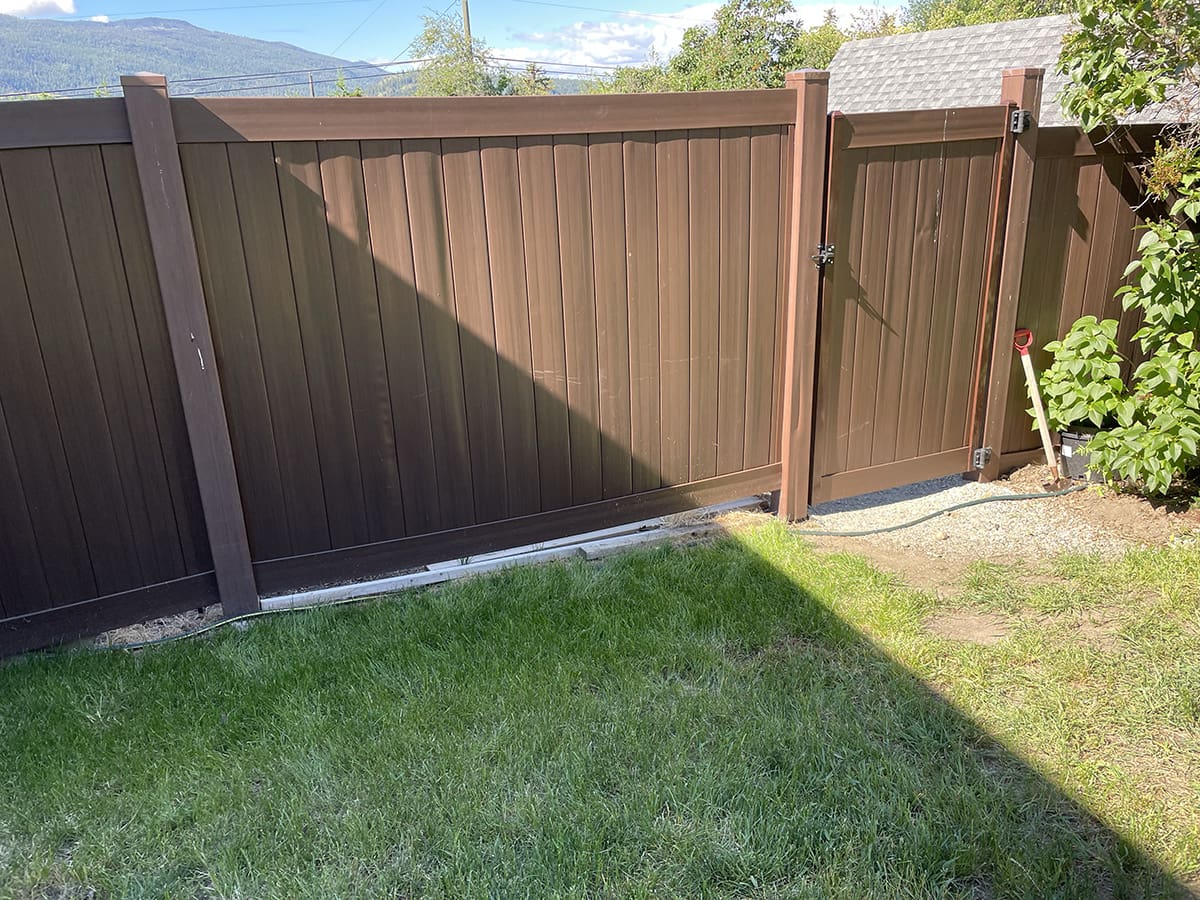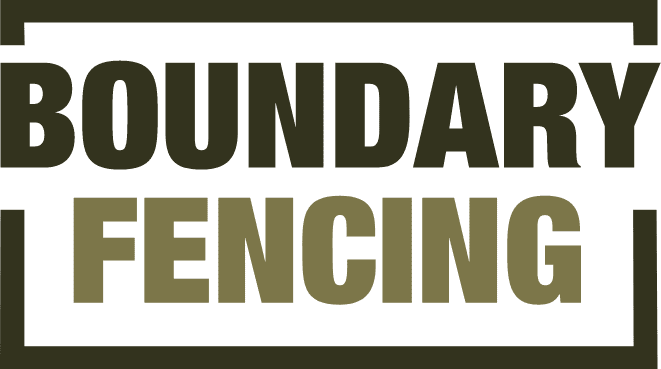
When it comes to fencing solutions for Okanagan properties, it pays to understand your options. Estate homeowners want something beautiful and lasting, while builders need reliable, cost-effective results. To help you compare, we asked Boundary Fencing owner Lee Munsey to share his expert take on the most popular materials in the Okanagan.
About Lee Munsey
Lee launched Boundary Fencing to bring quality and accountability to an industry that often lacks both. He loves problem-solving, building things, and being outdoors—whether it’s installing a chain link fence gate or skiing with his family. Always learning and improving, Lee leads a fencing company rooted in craftsmanship and integrity.
TLDR Quick Comparison: Chain Link vs. Vinyl vs. Composite

Q&A With Lee Munsey, Owner of Boundary Fencing
Q: From your perspective, what are the most common fencing materials Okanagan homeowners and builders are choosing right now?
A: Chain link is still the most popular because of its low cost, while vinyl is the top choice for full privacy. Composite is quickly becoming a trend thanks to its high-quality construction and wide range of colours.
Q: What main factors (cost, style, longevity, maintenance, etc.) should clients weigh when deciding between chain link, vinyl, and composite?
A: It depends on priorities. Composite offers the best aesthetics, full privacy, and some sound reduction, with little risk of fading. Vinyl is lower cost, provides privacy, but fades in darker colours. Chain link is the most economical when 100% privacy isn’t a concern. All three are easy to maintain, though repairs on faded products can be noticeable. For large fence gates, chain link is usually the most practical and cost-effective.
Q: How does chain link perform in terms of durability and cost, and what are its biggest drawbacks for estate or high-end properties?
A: Chain link is durable and the most affordable option, but its industrial look can be a drawback for estate homes. It’s also not the most secure, since it can be cut more easily. That said, upgraded options like black chain link fence or custom chain link gates give it a cleaner look.
Q: How does vinyl hold up in Okanagan weather conditions, and what are the pros and cons compared to other materials?
A: Lighter colours—white, tan, adobe, grey—do well in our hot sun. Darker vinyl colours tend to fade. Vinyl provides a 100% visual barrier, unlike chain link, but doesn’t reduce sound like composite.
Q: How does composite compare to vinyl and chain link when it comes to durability, style, and maintenance?
A: Composite is the most durable for privacy fences, with heavier boards that resist impact better than vinyl. It provides privacy and a superior sound barrier, plus 30+ colour options and decorative fence panels. It’s ideal for luxury builds where design matters.

Q: Are there unique challenges with Okanagan terrain or climate (sun, slopes, freeze-thaw) that make certain materials better suited than others?
A: All fence types can adapt to slopes, but chain link is the most cost-effective on varying terrain. Vinyl is the most sun-sensitive, while composite holds up better in heat. With proper installation, freeze-thaw isn’t an issue.
Q: For long-term value, which material tends to offer the best return on investment for homeowners and builders in the Okanagan?
A: Composite is the most rigid and likely to last the longest. Vinyl has improved, but it is lighter and more prone to damage. Chain link lasts, too, though the mesh can get bent or misshapen over time.
Q: How would you rank the price differences between chain link, vinyl, and composite?
A: On average, for a 6’ fence: chain link with privacy slats is $90–$130 per foot, vinyl runs $110–$140, and composite ranges from $140–$220.
Q: Are there design or style considerations that make vinyl or composite more attractive for luxury builds and estate properties?
A: Composite is the most versatile, with over 30 colours and options like semi-privacy, aluminum inserts, and shutter-style panels. Vinyl is more limited, especially in dark colours, which don’t hold up as well in our climate.
Q: If you could give one piece of advice to an Okanagan property owner choosing between these three fence types, what would it be?
A: It really comes down to budget, use and long-term plans with the property. All three options have their benefits and drawbacks, so deciding on the best option, at the end of the day, is to have a conversation with a professional fence company near you.
Final Advice From Boundary Fencing
“Think about how long you want your fence to last and how you want it to look,” Lee says. “Chain link is unbeatable for practicality, whereas vinyl is perfect if you want style and low maintenance. Composite is the top choice for high-end builds and long-term value.”
To talk to Lee and the team about the best option for you project, contact us or visit our showroom.
